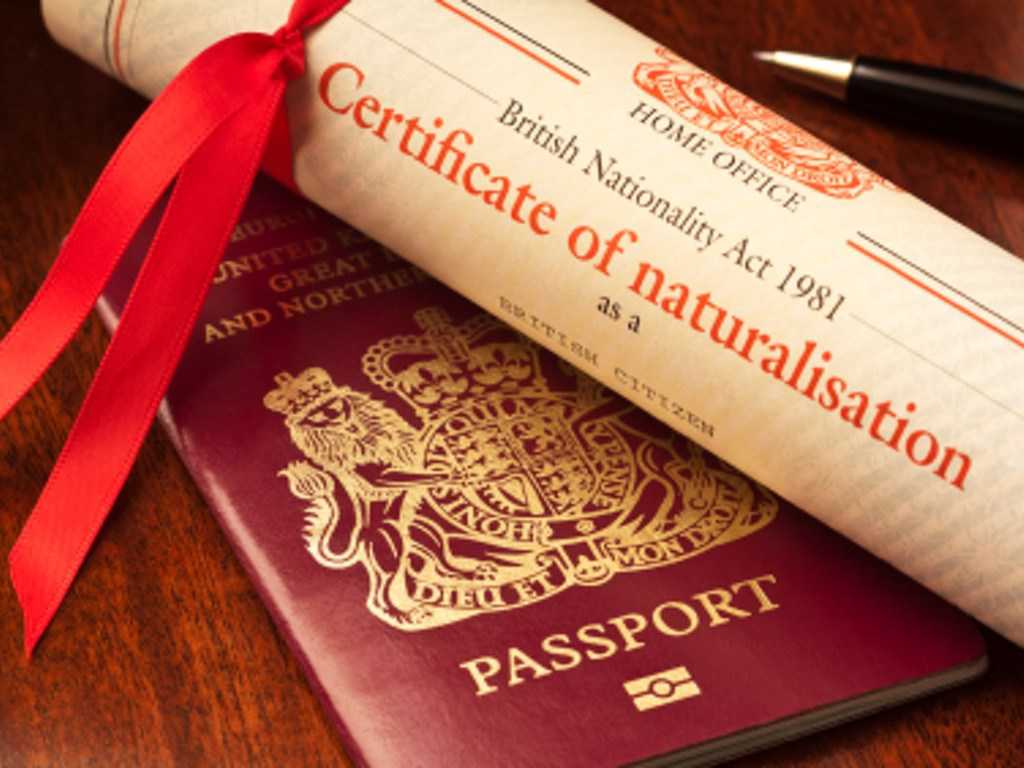In a landmark case of nationality application of K (A Child) v Secretary of State for the Home Department [2018] EWHC 1834 (Admin)
Courts decided that S50(9A) is not compatible with the human rights Act. This section gives a definition of the father for the purposes of acquiring nationality under BNA 1981.
For the purposes of this Act, a child’s father is:
- the husband, at the time of the child’s birth, of the woman who gives birth to the child…
Therefore under the Act if child is born of a different father other jan the husband of the woman at the time of child’s birth, her husband will be considered the father of the child rather than the actual biological father.
This recent judicial review decision in K reflects today’s complicated social structures of a British Society.
K was initially granted a British passport in October 2014 but later revoked under Section 50(9A) In June 2017 because her mother was still married to someone else.
SSHD does have a policy when it comes to granting nationality to an illegitimate child.
It states that a child who was not legitimate would nonetheless be registered as a British citizen if:
- The applicant was a child living in the United Kingdom; and
- His father was a British citizen; and
- The Secretary of State was satisfied as to paternity; and
- If the child was aged 16 or over, he was of good character.
Even though it is not clear but It seems that the policy presumes that the father, in this case, would be the husband of the mother.
During the hearing, It was accepted that in order to engage Article 14 the test was a difference in treatment, not “less favourable” treatment.
It was decided that in this case there was a difference in treatment between a child whose mother is not married to anyone at the time of its birth and a child whose mother is married at the time of its birth. In a later case, the child is deemed to be the child of that husband, even if the husband is proven not to be the father. That was the core issue in this case.
Helen Mountfield QC, sitting as a deputy High Court judge, found that the law does not, therefore ‘secure’ equal enjoyment of the right to acquire one’s natural father’s citizenship to children whose mothers are married and unmarried at the time of their birth.
She also held that there would be a clear detriment to K if she was not granted her father’s nationality as a right.
Moving Forward:
Courts have ruled that the presumption that the father of the child is mother’s husband, is a valid one but to break this presumption Home Office can ask for proof of paternity. This could be in form of father’s name on the birth certificate of DNA evidence or even a court order. Although it is not clear how other cases will be treated but after this landmark ruling, which is a right step in the right direction, there can be a legitimate expectation that nationality should be granted to the applicants.

